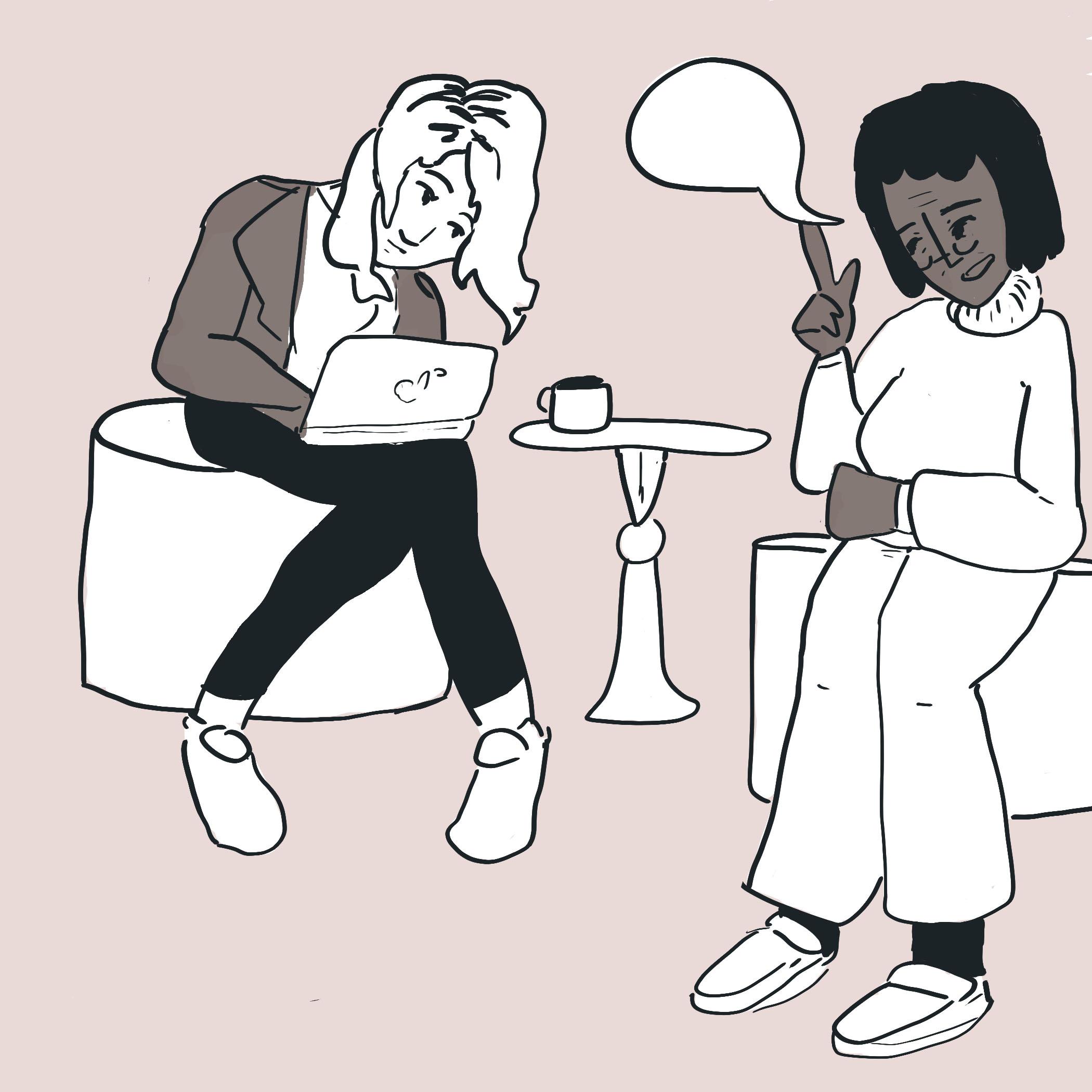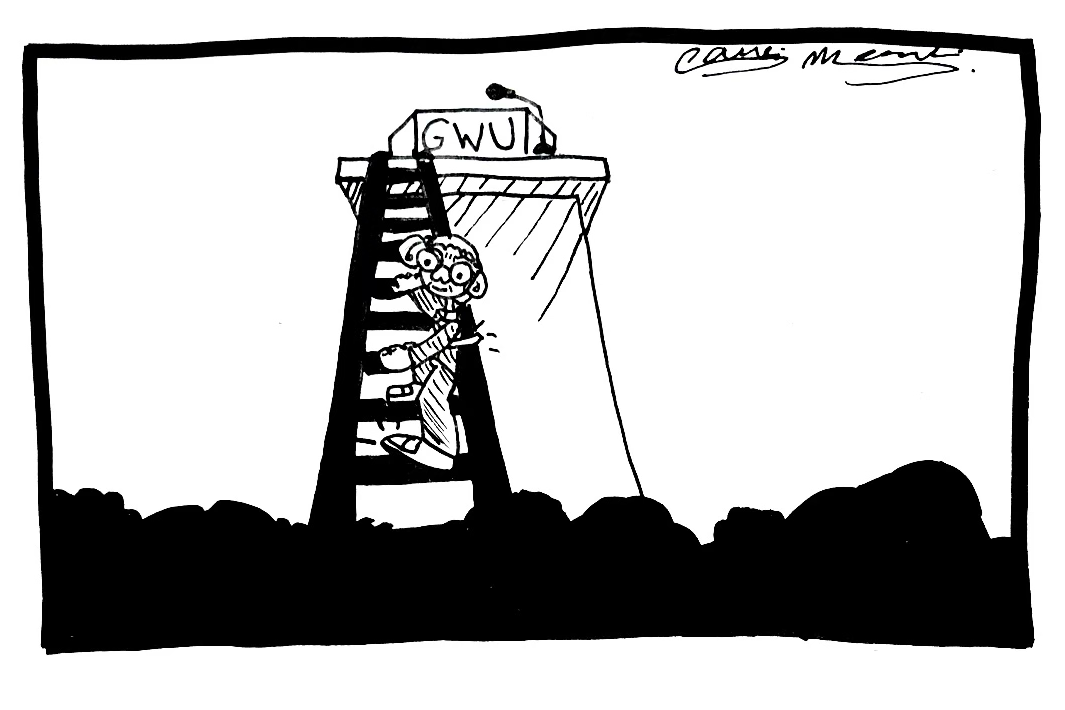Although it may seem like spring classes just started, the semester is coming to a close in just three months. For freshmen, the end of the academic year marks an accomplishment that’s especially profound after the challenges we’ve faced throughout the pandemic – our first year of college, soon to be complete.
The transition to college can be difficult, especially at a school like GW, where a culture of independence runs deep. Although I’m thankful for the opportunity to study at GW and I feel proud of how much I’ve grown since being here, it’s still challenging to be more than 400 miles away from my family in Massachusetts.
Like myself, many students live hundreds of miles away from their most comforting places and people. This year’s group of freshmen are living in a completely new and fast-paced environment, and we’re trying each day to familiarize ourselves with course scheduling, living in residence halls, meal planning and the overall dynamics of GW. Additionally, the pandemic has exacerbated our feelings of unfamiliarity, ultimately leading to less socialization. While freshmen adjust to independence during such an uncertain time, we’re looking to faculty for guidance and mentorship. Officials should prioritize hiring more community coordinators and academic advisers to create personal relationships between freshmen and faculty.
Life at GW is overwhelming for some freshmen who aren’t yet bonded with any adult figure. Some may have relationships with coaches or professors, but for many students like myself, large classes and scheduling conflicts during office hours have kept us from having the chance to form a bond with professors. It’s expected that forming relationships with faculty takes time, but freshmen need the most guidance from an authority figure early in their time at GW.

Sofija Juodaitis | Cartoonist
While reflecting on my first semester at GW, I realized that my feelings of disconnect from the GW community derive from the fact that no adult faculty member knows me beyond being one of thousands of students. No adviser, professor nor community coordinator knows where I’m from, what my intended major is, what I’m involved in or even the sound of my voice. With the exception of one professor, no authority figure even knows my name.
I’ve recently dealt with multiple residence hall issues and building evacuations relating to an undiscovered gas leak and a fire that caused serious smoke collection in my room. In both situations, my friends and I felt both unsafe and uninformed. Despite my entire room accumulating smoke from a lower floor’s fire, staff members told students living in our residence hall that it was safe to reenter soon after the fire was terminated. Ultimately, we had to relocate at midnight due to unbreathable air quality. We never received help airing out our room without having to aggressively ask for it the next day, when my community coordinator had air purifiers brought into my room.
While community coordinators are expected to be available guides for students, this ideal is not always practiced. GW should urge community coordinators to spend more time walking through residence halls or simply hanging out lobbies, where they could greet students. Officials should also consider hiring more community coordinators to increase opportunities for students to informally meet with them to touch base about classes, extracurriculars and social lives.
It’s not just the community coordinator program that needs attention – depending on their school, some freshmen, including myself, lack a relationship with an academic adviser. As a freshman in the Columbian College of Arts and Sciences, I’ve never met my adviser, either in person or virtually, and when I needed guidance with class registration, it was challenging to make an appointment. In exploring ways to create relationships between academic advisers and students, advisers across all schools could individually meet with students through Zoom or in person at least twice each semester. GW should also search for additional ways to improve communication and relationships between students and advisers.
Administrators have a responsibility to create an environment where relationships between freshmen and faculty members can grow. Come August, as I transition to my sophomore year, I hope that I, as well as the many incoming freshmen, feel more bonded with faculty and comfortable within the GW community.
Mia Adams, a freshman majoring in political science, is an opinions writer.



